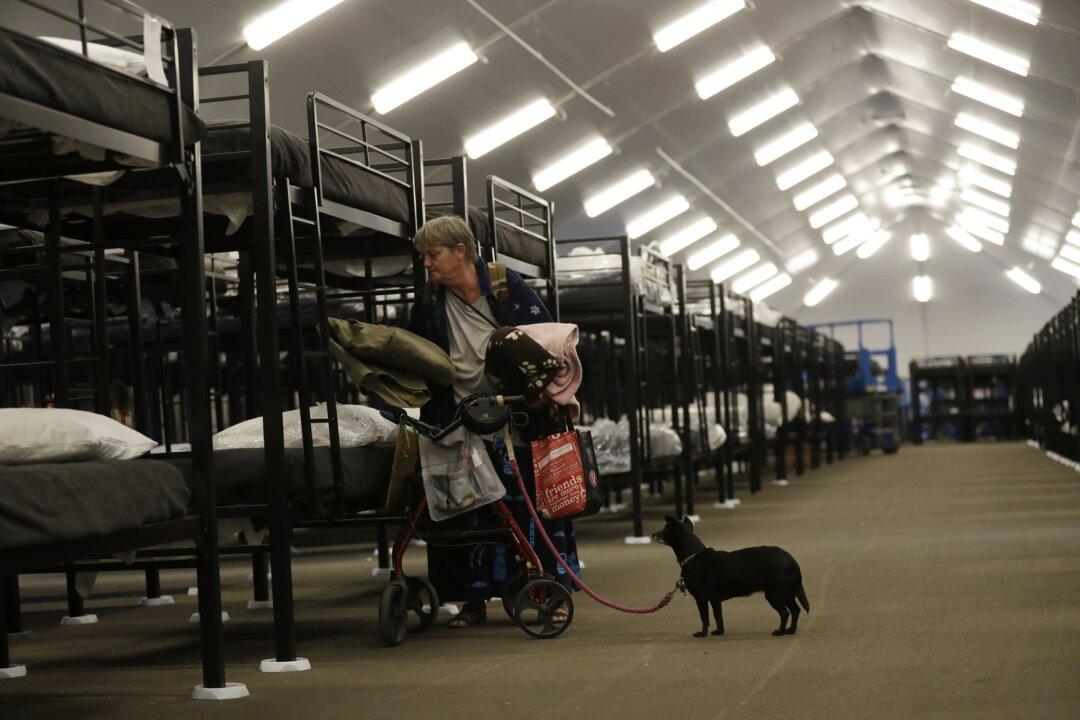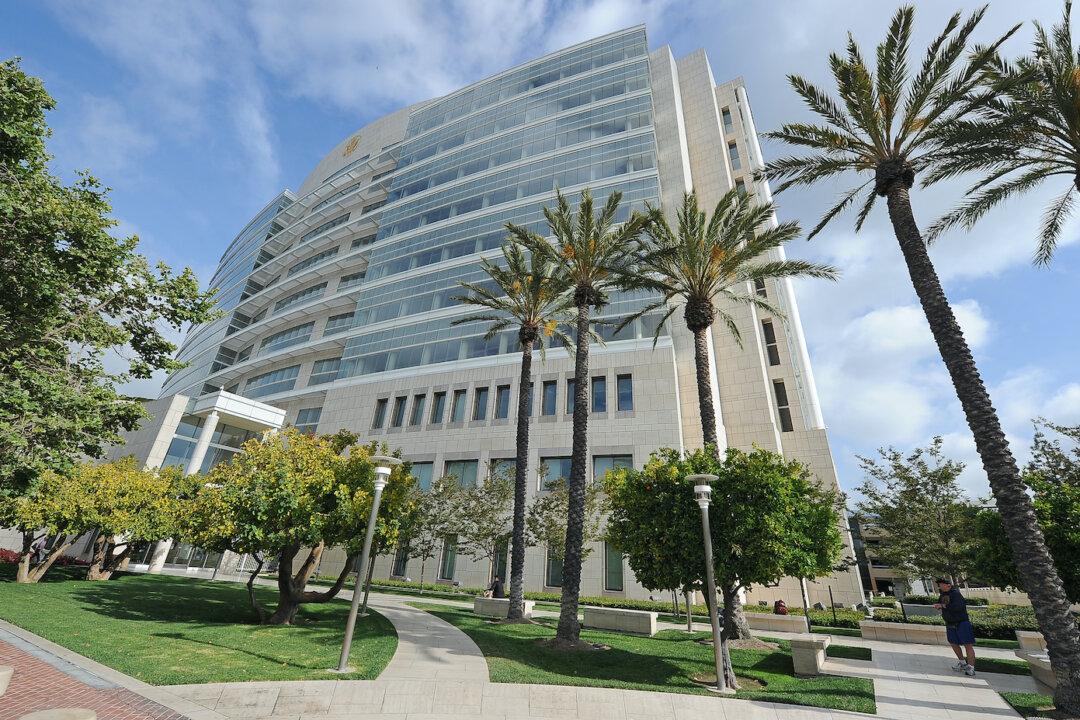A controversial homeless encampment ban, which would prohibit unhoused people from camping in public spaces to protect public health and safety, narrowly passed on a 5 to 4 vote after nearly 10 hours of discussion between San Diego City councilors during a special meeting June 13.
According to the ordinance, such a ban near schools, transit hubs, shelters and in parks and waterways will go into effect 30 days after the opening of a new safe sleeping site—designated for the homeless to camp in safely with access to resources.




